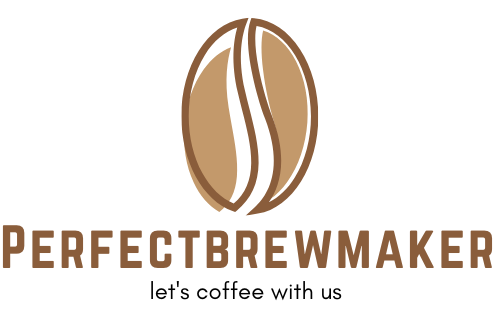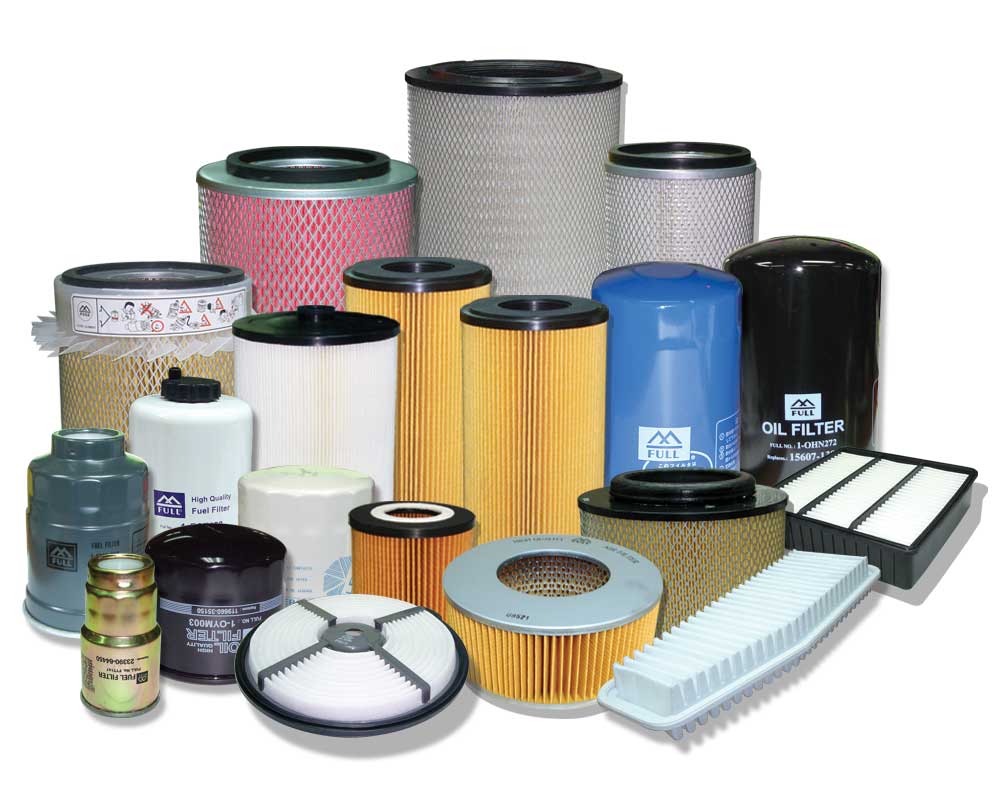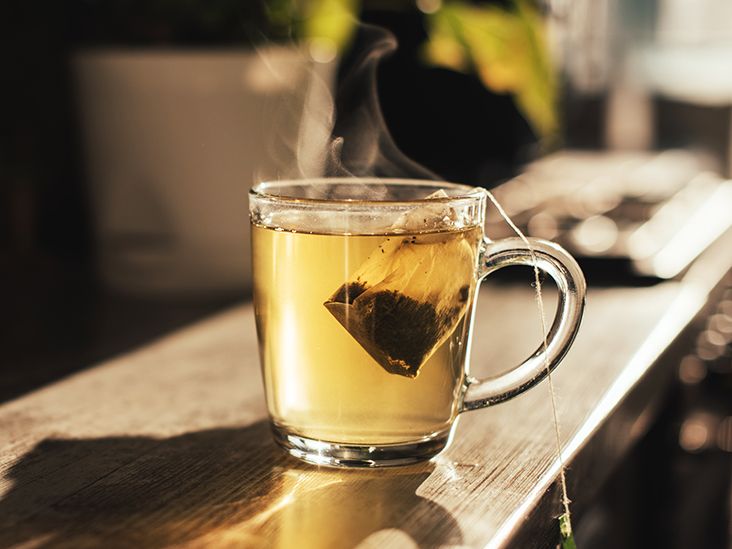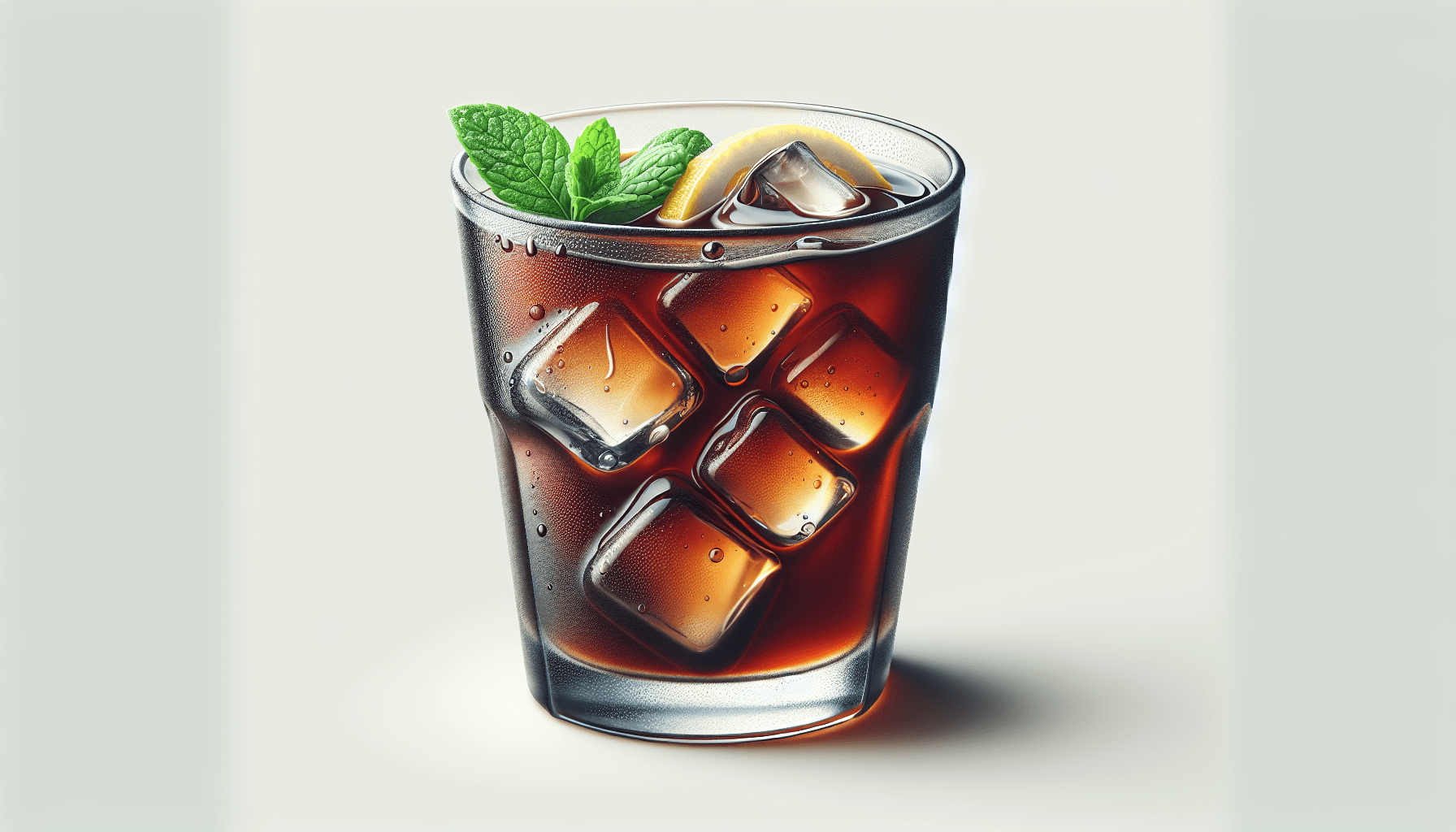Cold brew coffee has become increasingly popular for its smooth and rich flavor, but many coffee enthusiasts wonder whether cold brew makers come equipped with filters. Filters are essential in separating the coarse coffee grounds from the final brew, resulting in a clean and sediment-free beverage. In this article, we will explore the options available for cold brew makers and whether filters are included, providing you with all the information you need to enjoy a delicious cup of cold brew coffee at home. So, let’s dive in and discover the world of cold brew filters!
Introduction
Explanation of cold brew coffee
Cold brew coffee is a popular brewing method that involves steeping coffee grounds in cold water for an extended period of time, usually 12-24 hours. This slow extraction process results in a smooth, less acidic flavor profile compared to traditional hot brewed coffee. Cold brew has gained popularity due to its refreshing taste and versatility in creating a variety of coffee-based beverages.
Importance of filters in cold brew makers
Filters play a crucial role in the cold brew brewing process. They help to separate the coffee grounds from the liquid, ensuring a clean and sediment-free brew. Without filters, the finished cold brew would contain undesirable particles, resulting in a gritty and unpleasant texture. Additionally, filters help to enhance the flavor of the cold brew by preventing any unwanted bitterness or over-extraction from the grounds.
Types of Cold Brew Makers
Traditional glass jar
The traditional glass jar method is a popular choice for making cold brew at home. It involves simply combining coffee grounds and water in a glass jar, allowing it to steep for the desired amount of time, and then straining the liquid to separate the grounds. While this method is simple and accessible, it does not come with a built-in filter, requiring the use of additional filtration equipment.
Immersion-style
Immersion-style cold brew makers, such as the Toddy system, involve submerging a mesh filter filled with coffee grounds in a container of water. The coffee grounds steep for an extended period of time, and then the filter is removed, separating the liquid from the grounds. This method provides a convenient and efficient way to make cold brew, as the filter is included with the system.
Drip-style
Drip-style cold brew makers, such as the OXO Cold Brew Coffee Maker, use a process similar to pour-over coffee brewing. Water slowly drips through a filter filled with coffee grounds, extracting the flavors as it passes through. This method allows for precise control over the brewing process and produces a clean and concentrated cold brew.
Cold brew pitchers
Cold brew pitchers are designed with built-in filters and are specifically made for cold brewing. These pitchers usually have a removable filter basket, allowing for easy removal of the coffee grounds once the brewing process is complete. The pitcher design makes it convenient to brew, store, and serve cold brew all in one vessel.
Cold brew bags
Cold brew bags are a simple and convenient option for making cold brew. These bags are usually made of muslin or nylon and are filled with coffee grounds. They can be submerged directly into a container of water and removed once the brewing process is finished. Cold brew bags are an affordable option for those who prefer a temporary and disposable filter solution.
Cold Brew Maker with Built-in Filters
Explanation of cold brew makers with built-in filters
Cold brew makers with built-in filters are designed to streamline the brewing process by including a filter within the system. These filters are typically made of mesh or other porous materials, allowing the liquid to pass through while retaining the coffee grounds.
Advantages of using cold brew makers with built-in filters
There are several advantages to using cold brew makers with built-in filters. Firstly, they eliminate the need for separate filtration equipment, making the brewing process more convenient and efficient. Secondly, the built-in filters are specifically designed for cold brew, ensuring optimal extraction and a clean, sediment-free brew. Lastly, these makers often come with additional features such as drip control or adjustable brewing strengths, giving users more control over the brewing process.
Popular brands offering cold brew makers with built-in filters
Some popular brands offering cold brew makers with built-in filters include the Filtron Cold Water Coffee Concentrate Brewer, the Hario Mizudashi Cold Brew Coffee Pot, and the Takeya Deluxe Cold Brew Iced Coffee Maker. These brands have established a reputation for producing high-quality cold brew makers with reliable built-in filters.
Cold Brew Maker without Filters
Explanation of cold brew makers without filters
Cold brew makers without filters require the use of separate filtration equipment to separate the coffee grounds from the liquid. These makers usually come with a container or pitcher for brewing, but rely on additional tools such as paper filters, cheesecloth, or mesh strainers for the filtration process.
Advantages and disadvantages of using cold brew makers without filters
One advantage of using cold brew makers without filters is the versatility it offers. With this setup, coffee enthusiasts have the freedom to experiment with different types of filters and find one that suits their preferences. Additionally, cold brew makers without filters tend to be more affordable compared to those with built-in filters. However, the main disadvantage is the additional equipment and effort required for the filtration process, making it slightly more labor-intensive.
Alternative filtration methods for cold brew makers without filters
For cold brew makers without built-in filters, there are several alternative filtration methods available. One popular option is to use paper filters, such as those used for pour-over coffee brewing. These filters effectively remove any sediment or fine particles from the cold brew. Alternatively, cheesecloth or fine-mesh strainers can be used to strain the cold brew, ensuring a smooth and clean final product.
Importance of Filters
Role of filters in the cold brew brewing process
Filters play a crucial role in the cold brew brewing process by separating the coffee grounds from the liquid. They act as a barrier, allowing the liquid to pass through while retaining the grounds. This separation process ensures a smooth and sediment-free cold brew, enhancing the overall taste and texture of the final product.
Key benefits of using filters in cold brew makers
Using filters in cold brew makers offers several key benefits. Firstly, they prevent any unwanted particles or sediment from ending up in the finished cold brew, resulting in a cleaner and more enjoyable drinking experience. Secondly, filters help to reduce the amount of acidity and bitterness from the coffee grounds, allowing for a smoother and less harsh flavor profile. Lastly, filters aid in the extraction process, ensuring a consistent and well-balanced cup of cold brew.
Types of Filters
Different materials used for filters
Filters for cold brew makers are commonly made from a variety of materials, each offering different levels of filtration. Some common filter materials include paper, cloth, metal mesh, nylon, and muslin. The choice of filter material can impact the taste, clarity, and overall quality of the cold brew.
Mesh size and filtration level
The mesh size of a filter determines the level of filtration it provides. A finer mesh will result in a more thorough removal of sediment and particles. It is important to consider the desired level of clarity and taste when selecting a filter with the appropriate mesh size.
Reusable filters vs. disposable filters
Filters for cold brew makers are available in both reusable and disposable options. Reusable filters, such as metal mesh filters or cloth filters, can be washed and reused multiple times, making them a more eco-friendly choice. Disposable filters, such as paper filters or nylon bags, offer convenience by eliminating the need for cleaning but may not be as environmentally friendly.
Choosing the Right Filter
Considerations when selecting a filter for cold brew makers
When choosing a filter for a cold brew maker, there are several considerations to keep in mind. Firstly, consider the level of filtration desired. If a cleaner and smoother cold brew is preferred, a finer mesh or paper filter may be suitable. Secondly, consider the material of the filter. Each material may impart a different taste or clarity to the cold brew. Lastly, consider the ease of maintenance. Reusable filters may require more cleaning, while disposable filters offer convenience but may require frequent replacement.
Factors to consider: material, size, durability, maintenance
When selecting a filter for cold brew makers, factors such as the material, size, durability, and maintenance should be taken into account. The material of the filter can impact the taste and clarity of the cold brew, so it is important to choose a material that aligns with personal preferences. The size of the filter should fit the dimensions of the cold brew maker to ensure proper filtration. Durability is important, as a high-quality filter will last longer and provide consistent results. Additionally, consider the maintenance required for the chosen filter, as some filters may require more frequent cleaning or replacement than others.
Aftermarket Filters for Cold Brew Makers
Explanation of aftermarket filters
Aftermarket filters refer to filters that are purchased separately from the cold brew maker itself. These filters are specifically designed to fit a variety of cold brew makers, allowing users to upgrade or replace the existing filter with a higher-quality or different type of filter.
Pros and cons of using aftermarket filters
Using aftermarket filters for cold brew makers offers certain advantages. Firstly, they provide the option to customize the brewing experience by choosing a filter that aligns with personal preferences. Secondly, aftermarket filters often offer higher-quality materials or finer mesh options, resulting in a cleaner and more refined cold brew. However, a potential disadvantage of aftermarket filters is the additional cost, as they are separate purchases and not included with the cold brew maker.
Notable brands offering aftermarket filters
Some notable brands offering aftermarket filters for cold brew makers include CoffeeSock, a company specializing in reusable organic cotton filters, and Nut Milk Bags, which offers high-quality nylon mesh bags suitable for cold brew filtration. These brands are known for their commitment to quality and customer satisfaction in the realm of cold brew filtration.
DIY Filter Options
Alternative filter options for homemade cold brew
For those who prefer a DIY approach, there are several alternative filter options for making cold brew at home. These options are often made using common household items and can be easily customized to fit different cold brew makers or brewing methods.
DIY filter materials and methods
Some common DIY filter materials for cold brew include paper towels, cheesecloth, fine-mesh sieves, or even repurposed tea bags. Paper towels can be folded into a makeshift filter and held in place with a rubber band or tape. Cheesecloth can be cut to size and secured with twine or a clip. Fine-mesh sieves can be used for a more basic filtration method, removing larger particles but allowing some sediment to remain. Repurposed tea bags can be filled with coffee grounds and submerged directly into the water, acting as a makeshift filter.
Tips for making your own filters
When making your own filters for cold brew, there are a few tips to keep in mind. Firstly, choose a material that is suitable for the desired level of filtration and taste. Experiment with different materials to find one that works best for your preferences. Secondly, ensure that the DIY filter is secured properly to prevent any leakage or grounds escaping into the finished cold brew. Lastly, consider the ease of cleanup and disposal when using DIY filters, as some materials may require additional steps or care.
Conclusion
Summary of the importance of filters in cold brew makers
Filters play a vital role in the cold brew brewing process, ensuring a clean and sediment-free final product. They help to separate the coffee grounds from the liquid, resulting in a smooth and flavorful cold brew.
Considerations for choosing the right cold brew maker with filters or without filters
When choosing a cold brew maker, the presence or absence of filters should be considered based on personal preferences and brewing needs. Cold brew makers with built-in filters offer convenience and ease of use, while those without filters provide versatility and the option for customization. Factors such as filtration level, filter material, and ease of maintenance should be taken into account when selecting a cold brew maker with filters or when choosing aftermarket or DIY filtration options. Ultimately, the right choice will depend on individual preferences and priorities in the cold brew brewing process.




